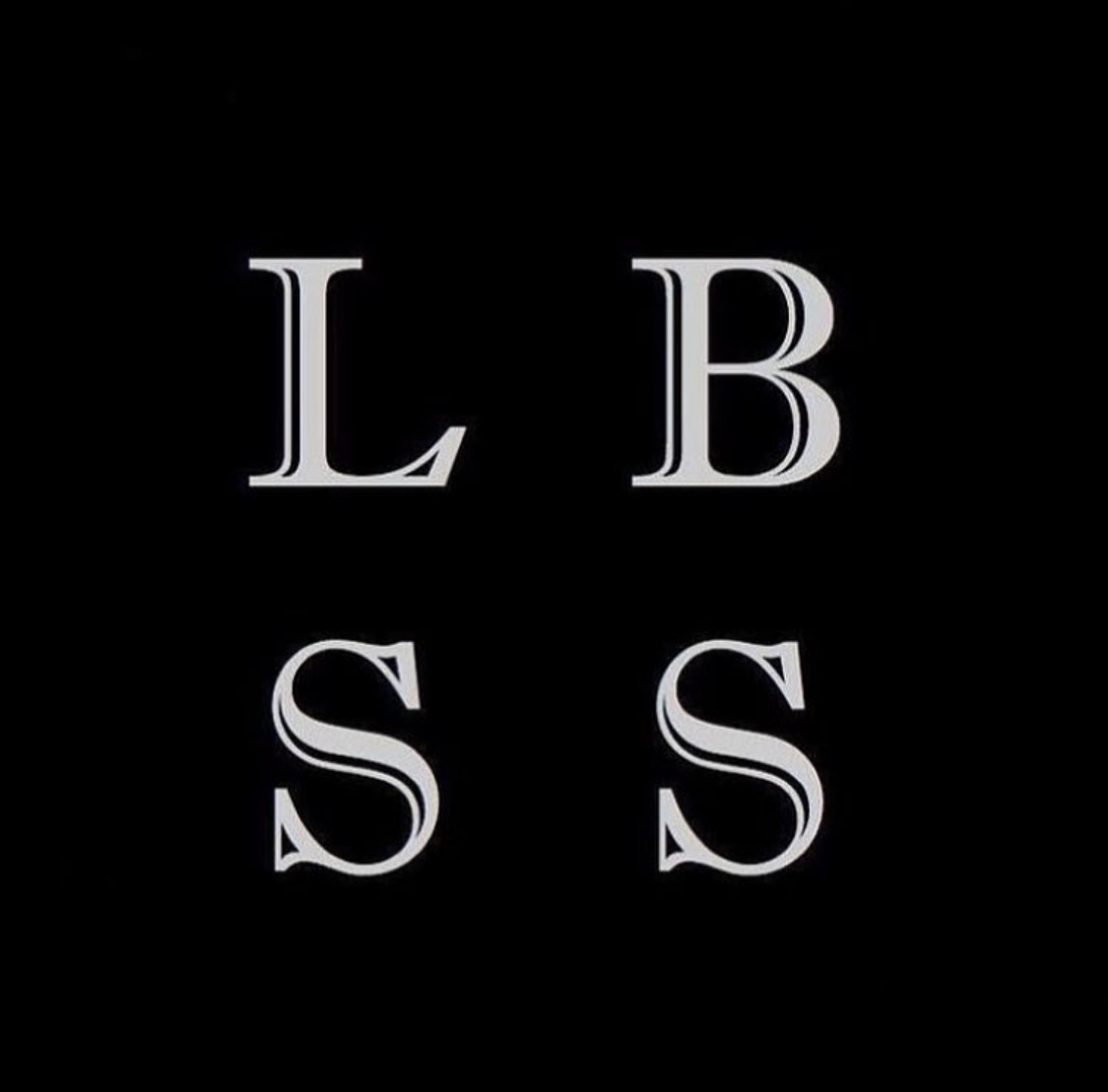Savoir-Vivre has been shaping our society for as long as we know. This subject has been tackled many times, by numerous authors in different writings, and yet, there are always entirely new and useful perspectives that come to light. One of the beauties of this topic is that the deeper we delve in, the more we manage to learn and discover.
There is a great variety of discreet customs and practices that one can only become aware of through experience or education. However, they are thoroughly respected and followed by everyone that chooses cognizance above ignorance.
In a former article, we talked about finding the traces of the map and the tools that society left for us in order to adhere to savoir-vivre. For this reason, today we will shed light upon one of the most formative collections of works, which set the foundations and inspirations that shaped the meaning of savoir-vivre today.
In the late 19th century, Mademoiselle Louise D’Alq, renowned journalist and author, wrote a compilation of three volumes in which she encapsulates the essence of the concept within French society. “The New Universal Savoir-Vivre” comprises “Savoir-Vivre in All Circumstances of Life”, “The Science of the World”, and “Uses and Customs in All Professions”.
“We shall not confound the coming into the world with the entry in the world.”
This is the opening sentence of Mme. D’Alq’s first tome and gives the tone of what the manuals will illustrate. When we’re born, within our families there are a variety of principles and values to be adhered to, with hopes to form the family members in the best way that they see fit. These standards are later carried on in day-to-day interactions. But families are not the only groups shaping people: society is a rather influential actor as well. Being educated on the sources and codes of societal ties is what prepares our entry into society – this is precisely what our author is instilling.
In her first book, she is underlining the fact that savoir-vivre is rooted and applies to all things, actions, and situations: from the use of cigars to flowers, from work to voyages, from theater to weddings.
She then introduces the subtleties of societal behavior one should be familiar with: manners, relations, conversations, compliments, attires, discretion, or the art of giving and receiving.
In her final volume, Mme. D’Alq enters the professional world and presents us with the tact of multiple métiers – doctors, teachers, soldiers, parents, employers, and employees. She emphasizes the customs followed by each, talking about “the love of the craft”, while always keeping in mind the lines of savoir-vivre.
“The New Universal Savoir-Vivre” is a savory reading. It is proof that within our fast-moving and changing world, there exist constants and directions polishing our trajectory. Savoir-Vivre will always be relevant and present because it’s a universal truth that transcends time and era.

